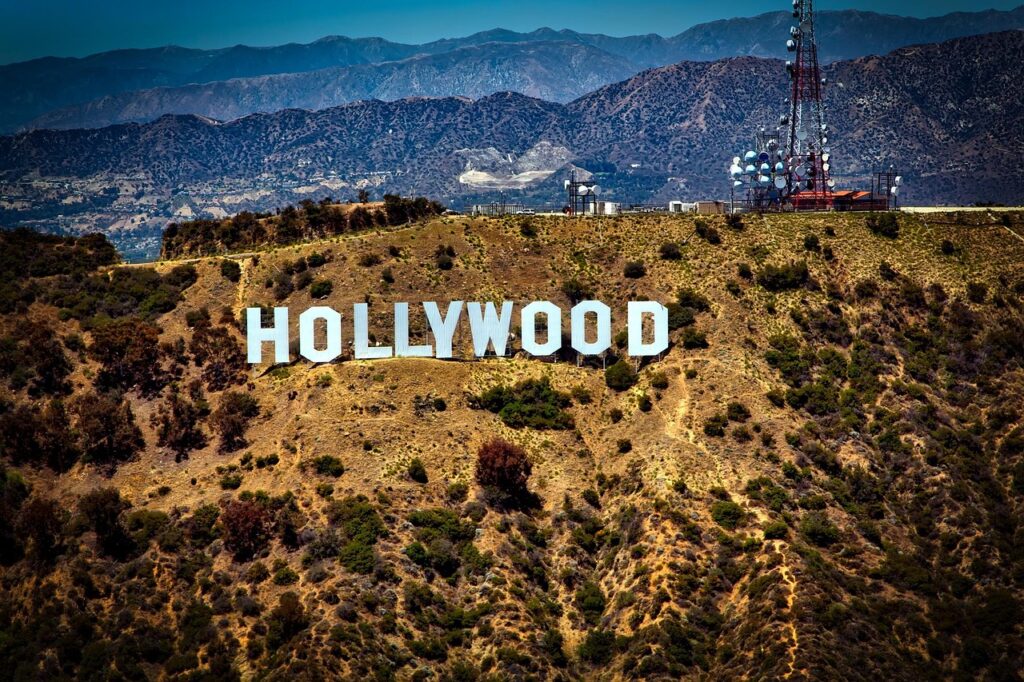The Academy Awards are often hailed as the zenith of cinematic achievement, a glittering night where dreams come true and careers are cemented with a coveted golden statuette. We’ve all seen the ecstatic tears, the heartfelt thank-yous, and the sheer joy radiating from the stage as actors, writers, and directors finally grasp that symbol of industry recognition. It’s a spectacle of celebration, a collective acknowledgment of talent that pushes creative boundaries to entertain millions. Most artists, understandably, would kill for that moment in the spotlight.
But what if we told you that not everyone sees it that way? While millions tune in to witness who will happily make the walk to the stage, a fascinating, and often overlooked, chapter of Oscar history reveals a different story entirely. There’s a select, rebellious group of Hollywood icons who, for a myriad of compelling reasons, decided to give the Academy a pass. Some actively refused their awards, using the global platform to make powerful statements, while others simply didn’t show up, offering a quieter form of defiance or personal preference.
From grand gestures of political protest to philosophical objections against competition, and even pure, unadulterated apathy, these instances add a layer of intrigue to the glittering legacy of the Oscars. It makes you wonder: why would anyone turn down what is considered the biggest honor in the entertainment world? Let’s dive into the fascinating stories of some of the most prominent individuals who chose a path less traveled, leaving us to ponder the true value of Hollywood’s most prestigious prize.
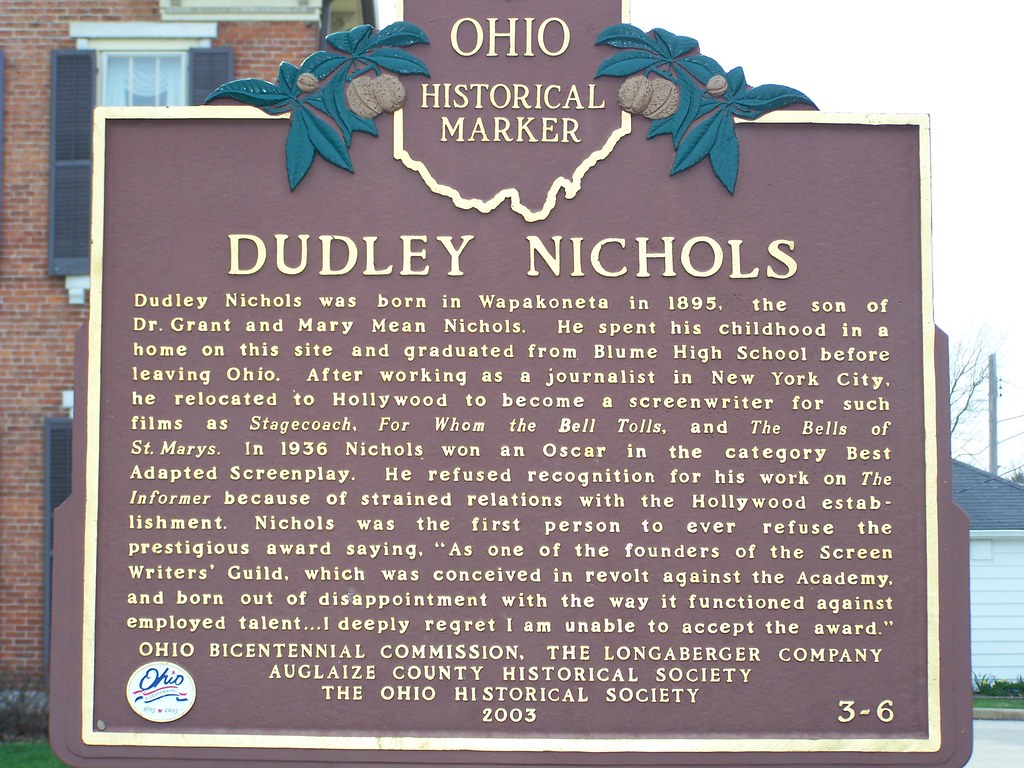
1. **Dudley Nichols: The Unionization Stance**
Our journey into the annals of Oscar snubs begins way back in 1936 with a name that might not be as immediately recognizable to modern audiences as Brando or Scott, but whose actions set a powerful precedent: screenwriter Dudley Nichols. In his day, Nichols was a fairly big deal, a respected talent who penned the screenplay for “The Informer,” a book-based drama centered on Ireland’s 1922 War of Independence. This film was a hit at the box office and a stout contender at the Academy Awards, going head to head with “Mutiny on the Bounty” across six major categories.
While “Mutiny” ultimately took best picture, “The Informer” garnered significant recognition, winning best actor, director, score, and, crucially, best screenplay for Nichols. However, when his name was called, Nichols was nowhere to be found, and his award went unclaimed. His reason was deeply rooted in the socio-economic struggles of the era: Hollywood workers were pushing to unionize, driven by the harsh realities of the Great Depression of the early 1930s. This movement sought to secure better pay and working conditions in an industry often seen as glamorous but fraught with financial precarity.
Nichols decided to decline his award as a direct show of solidarity with the ongoing writer’s strike in Hollywood. It was a bold statement, using the spotlight of the Academy Awards to highlight the struggles of his colleagues and the broader fight for labor rights within the industry. This act wasn’t just a personal refusal; it was a political maneuver, designed to amplify the voices of the workers and to underscore the importance of collective action during a critical time for Hollywood’s organized labor.
Interestingly, the story goes that Nichols eventually accepted his Oscar three years later, in 1938, after the dispute had been settled and the then-named Screen Writers Guild had been formed. His unwavering support for unionization likely played a role in his eventual election as President of the Writers Guild of America (WGA), an organization that eventually morphed into the powerful entity we know today. His initial refusal wasn’t an act of disdain for the craft, but a principled stand for the rights and dignity of those who shaped it.
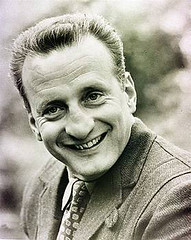
2. **George C. Scott: The Anti-Competition Maverick**
Fast forward to 1971, and we encounter another legendary actor who famously expressed his utter distaste for the entire Academy Awards ceremony: George C. Scott. Scott delivered a towering, glowering performance as World War II general George S. Patton in the 1970 film “Patton,” a role that earned him widespread acclaim and a Best Actor Oscar. Yet, despite the immense praise for his work, Scott was a notable no-show at the awards a year later, having made his intentions clear long before the ceremony.
Scott’s principled objections to the Oscars weren’t a sudden impulse; they had been building for years. He had received a Best Supporting Actor nomination for the 1959 film “Anatomy of a Murder” without much fanfare, but his stance solidified when he received another Best Supporting Actor nomination for “The Hustler” two years later. On that occasion, he flatly told the Academy he didn’t want it, expressing his fundamental disagreement with a competition that pitted actors against each other. For Scott, art was not a horse race.
When the Academy was virtually forced to recognize his monumental portrayal of General George S. Patton, Scott was unequivocal. He sent a telegram to the Academy, stating his firm intention not to accept the award if he won, and even expressed a preference not to be nominated at all. He famously called the Oscars “a two-hour meat parade, a public display with contrived suspense for economic reasons,” articulating his belief that film was not truly an actor’s medium because “you shoot scenes in order of convenience, not the way they come in the script, and that’s detrimental to a fully developed performance.”
Scott’s refusal caused a stir within Hollywood. While the old guard were reportedly furious, young actors admired his unwavering principles. His win came at a time when the Academy Awards’ legitimacy was already being questioned, especially as it was now being televised for the first time, adding another layer of controversy to his bold snub. The Oscar was accepted on the night by the film’s producer, Frank McCarthy, but promptly returned to the Academy the very next day. Today, one of the film’s seven Oscars, specifically the Best Picture statue donated by McCarthy, a Virginia Military Institute graduate, rests at the library of the Virginia Military Institute, which educated Patton.
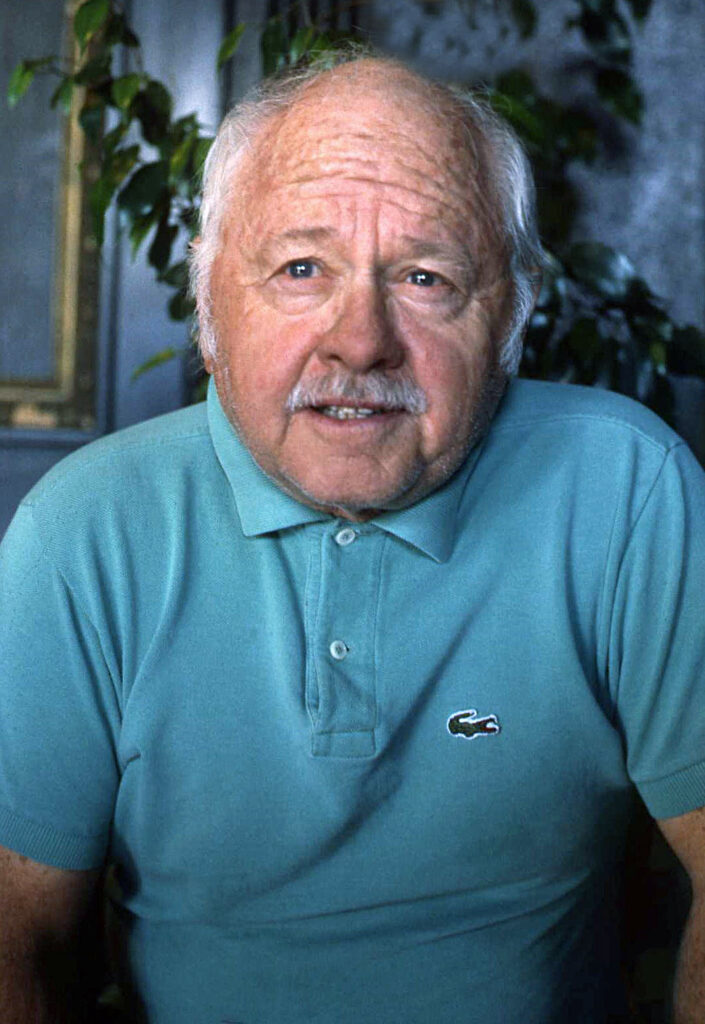
3. **Marlon Brando: The Indigenous Rights Protest**
Just three years after George C. Scott’s defiant snub, the 1973 Oscars witnessed perhaps one of the most famous and politically charged moments in the awards’ history, orchestrated by the legendary Marlon Brando. A once-in-a-generation actor, Brando had literally re-written the acting book with his powerful Method performances, and his Best Actor win for his iconic portrayal of Don Vito Corleone in 1972’s “The Godfather” was all but expected given the film’s tremendous success.
However, Brando had a history of being out of favor with the Hollywood system by the early 1970s, considered a high-risk hire after a series of movies that ran over budget and failed to score big at the box office. “Godfather” director Francis Ford Coppola even had to fight to cast him. So, perhaps his dramatic refusal, while stunning to the audience, wasn’t entirely out of character for the enigmatic actor known for his unconventional approach.
Instead of accepting the award himself, Brando stunned the well-heeled crowd by sending Native American actress and activist Sacheen Littlefeather to refuse the Oscar proffered by Roger Moore. Dressed in a traditional Apache dress, Littlefeather delivered an improvised speech (as she was allegedly threatened with physical removal and arrest if her speech went over 60 seconds, despite Brando’s original 15-page address) in support of Brando’s latest political cause: the plight of Native Americans. This included highlighting the then-ongoing occupation of Wounded Knee, which began a month before the Oscars and was under an FBI press blackout, according to Littlefeather.
Littlefeather, after gesturing that she did not want the statuette, spoke eloquently about the film industry’s portrayal of Native Americans. Her speech was met with a mix of applause and boos from the audience, signaling the deep divisions it created. Following the incident, the Academy instituted a new rule prohibiting proxy speeches by winners in the future, a direct consequence of Brando’s audacious statement. The Oscar statuette itself ended up with Roger Moore for several years before an armed guard from the Academy collected it, its current whereabouts unknown.
Brando’s refusal was specifically designed to court public attention, unlike Scott’s more personal protest, and it certainly achieved its goal. The trade bibles quickly scrutinized Littlefeather’s background and ancestry, leading to claims that she wasn’t Apache at all. Tragically, Littlefeather, who had done some acting work, never worked in the film industry again after that night. Another unconfirmed story from the night even suggests that John Wayne, standing in the wings, had to be restrained by six men from assaulting Littlefeather as she left the stage. It was a night that forever changed the Oscars and amplified a crucial social issue.
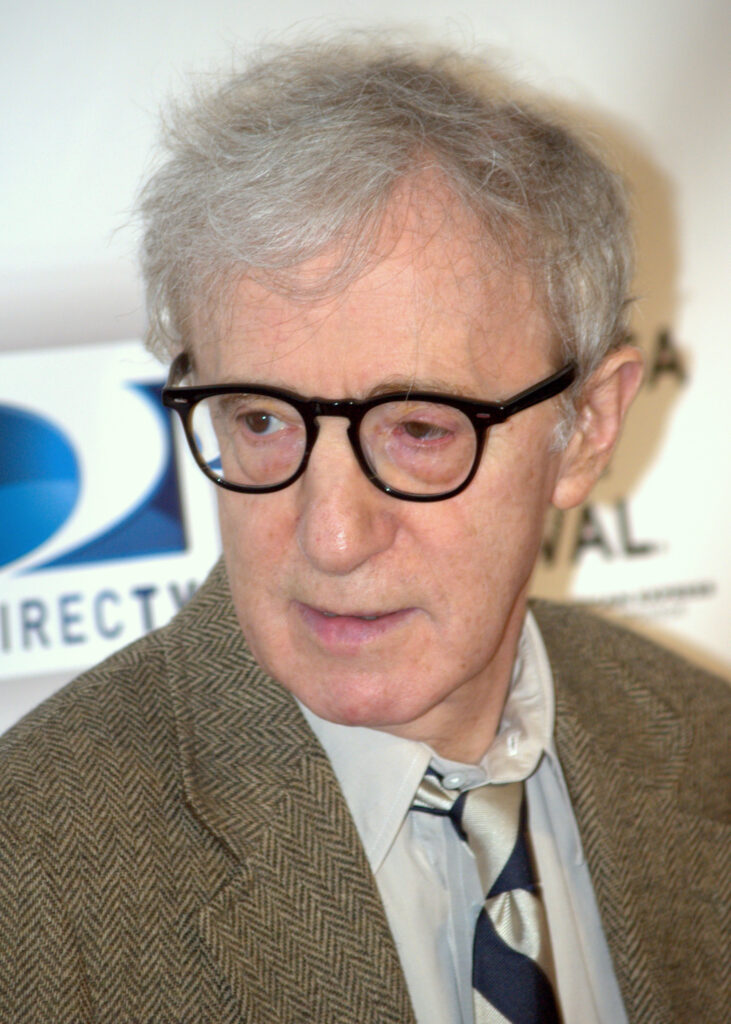
4. **Woody Allen: The ‘Awards Are Silly’ Philosopher**
Moving on to a different kind of refusal, we find Woody Allen, an artist famously known for never accepting any of his numerous awards. Allen has developed a reputation for considering award ceremonies, including the Oscars, as inherently silly. This isn’t a new stance; he has consistently stuck by his words throughout his illustrious career, making his absence a predictable, yet always noteworthy, part of his persona.
Throughout his career, Allen has received an impressive 24 Oscar nominations and has won four of them, a testament to his undeniable talent and impact on cinema. However, despite these accolades, he has rejected every single Oscar he won or was nominated for. His philosophy seems to suggest that the artistic process and the work itself are the true rewards, and the public spectacle of competition and recognition diminishes the purity of creative endeavor. For Allen, the glamour and competitive nature of awards are a distraction from the serious business of filmmaking.
His consistent non-attendance isn’t a protest against a specific cause, nor is it a sudden impulse born of frustration. Instead, it appears to be a deeply ingrained personal belief about the nature of art and celebrity. Allen’s steadfast refusal to participate in what he views as an absurd ritual underscores his unique position in Hollywood – an artist who values his work and privacy above the industry’s traditional forms of validation. His decision to opt out has become as much a part of his public image as his distinctive films.
This long-standing practice offers a quiet yet powerful commentary on the industry’s obsession with accolades. It subtly questions the entire premise of judging art against other art, suggesting that such comparisons are not only arbitrary but perhaps even reductive. For Allen, the Oscar is not a pinnacle to be chased, but a shiny bauble he simply has no interest in, preferring to let his work speak for itself without the added fanfare.

5. **Terrence Malick: The Reclusive Visionary’s Absence**
Continuing our exploration of Oscar no-shows, we turn to Terrence Malick, a director whose artistic vision is as profound as his personal elusiveness. Malick is famously reclusive, a trait that extends to his relationship with award ceremonies. Unlike some who use their absence to make a statement, Malick’s non-attendance seems to stem from a deep-seated desire for privacy and a disinterest in the public eye that often accompanies such prestigious events.
Malick has been nominated for an Oscar thrice, once in 2011 and twice in 1998, recognizing his unique contributions to cinema. However, he didn’t show up to either of the two ceremonies for which he was nominated. While he didn’t ultimately win an Oscar on those occasions, his consistent absence effectively served as a form of rejection, not necessarily of the award itself, but of the entire celebratory apparatus surrounding it.
His non-participation is consistent with his broader public persona. Malick rarely gives interviews, avoids photographs, and maintains a strict boundary between his private life and his professional output. For a filmmaker who crafts deeply philosophical and often meditative works, the glitz and clamor of an awards show might simply be antithetical to his creative spirit and personal values. His absence speaks volumes about prioritizing artistic integrity and personal discretion over public adulation.
In a world where celebrity is often synonymous with constant visibility, Malick stands as a fascinating anomaly. His choice to remain out of the spotlight, even when his work is lauded by the highest echelons of the industry, reinforces his status as a true auteur. It suggests that for some, the greatest honor lies not in holding a golden statue, but in the quiet, profound act of creation itself, far from the madding crowd of the red carpet.
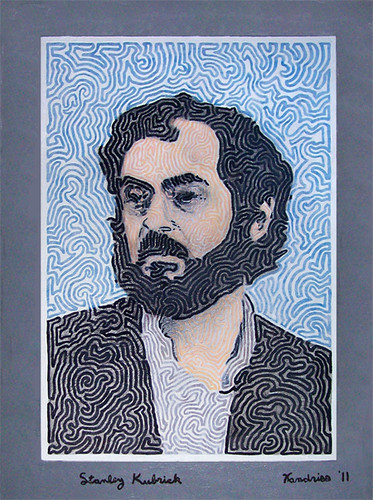
6. **Stanley Kubrick: The Unseen Genius**
Our final entry in this section brings us to another titan of cinema, Stanley Kubrick, arguably one of the greatest directors cinema has ever seen. Given his monumental contributions to film, it’s strangely ironic that he never won an Oscar for Best Director. This fact alone underscores the often unpredictable and sometimes perplexing judgments of the Academy over the years. However, Kubrick did win one Oscar, but true to form, he wasn’t there to accept it.
In 1969, Kubrick won an Oscar for Best Visual Effects for his groundbreaking film “2001: A Space Odyssey.” This was a well-deserved recognition for a movie that pushed the boundaries of cinematic realism and special effects, setting new standards for science fiction. Yet, when the moment came to collect his award, Kubrick was conspicuously absent from the ceremony, a decision that has become legendary in its own right.
His award was accepted on his behalf by presenters Diahann Carroll and Burt Lancaster, who famously joked that Kubrick was “on Mars scouting locations for a sequel.” This lighthearted quip perfectly encapsulated Kubrick’s reputation as a meticulous, visionary filmmaker who was deeply immersed in his craft and often detached from the conventional trappings of Hollywood glamour. His absence, whether intentional or simply a reflection of his focus, added to his mystique.
Kubrick’s decision to not attend, despite winning for a film that redefined an entire genre, highlights a recurring theme among some of Hollywood’s most singular talents: a preference for the work over the ceremony. For an artist who famously controlled every aspect of his films with an almost obsessive dedication, the public display of an awards show might have seemed like an unnecessary diversion from his true purpose. His win, accepted with humor by others, cemented his status as a genius whose presence was felt in his art, even if not on the Oscar stage.
So, we’ve already taken a deep dive into the heavyweight champions of Oscar snubs—those who famously and dramatically said ‘thanks, but no thanks’ to their golden statuettes. We’ve seen grand gestures of protest and quiet acts of philosophical defiance. But hold up, the story of Oscar’s most intriguing no-shows doesn’t end there! There’s a whole other fascinating cohort of A-listers who, for equally compelling yet often wildly different reasons, weren’t quite so keen on making that triumphant walk to the stage. Some were genuinely surprised, others were just plain tired of the whole glitzy affair, and one even thought he didn’t stand a chance! Get ready to explore the surprising, sometimes hilarious, and always memorable reasons why these next stars decided to take a raincheck on their big Oscar night.
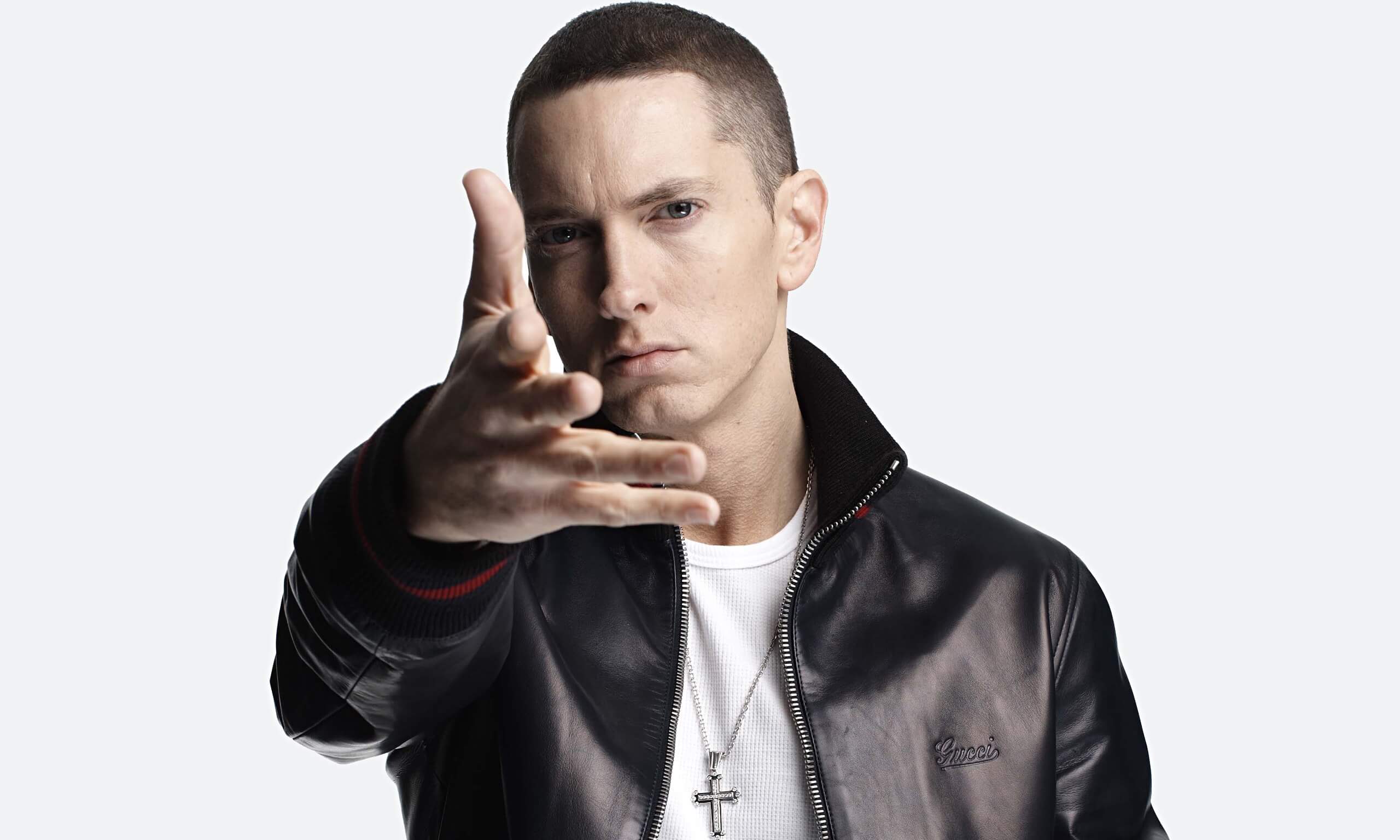
7. **Eminem: The Unexpected Winner Who Stayed Home**
Who knew a rapper would shake up the Best Original Song category at the Academy Awards? Back in 2003, Eminem, the undisputed king of hip-hop, won an Oscar for his intensely personal track, “Lose Yourself,” from the movie “8 Mile.” It was a huge moment, a crossover triumph that cemented his lyrical genius in a whole new arena. The song was a monster hit and an anthem for overcoming adversity, perfectly capturing the spirit of the film.
However, when his name was called, the usually defiant and ever-present Marshall Mathers was nowhere to be seen. No dramatic speech, no political statement, not even a casual wave from the audience. His absence left many scratching their heads, wondering if this was another one of Hollywood’s notorious snubs or a calculated move. It turns out, his reason was refreshingly, almost comically, straightforward.
In a later interview, Eminem cleared up the mystery with a dose of relatable honesty: he simply didn’t think he had a chance. He openly admitted that he skipped the ceremony because he genuinely didn’t expect to win. Imagine that! The global superstar, who had countless awards under his belt, just figured it wasn’t his night. It’s a hilarious, almost humble, reason that just makes him even more of a legend.
This wasn’t a protest against the Academy’s values or a statement about artistic integrity. It was pure, unadulterated surprise and perhaps a touch of ‘I don’t fit in here anyway’ attitude. It just goes to show that even the biggest stars can underestimate their own impact and that sometimes, the most dramatic Oscar moments happen when the winner is busy… well, not being at the Oscars.

8. **Katharine Hepburn: The Queen of Consistent Absence**
When you talk about Oscar legends, Katharine Hepburn’s name is always at the top of the list. With a staggering record for the most Best Acting wins in the history of the Academy Awards, she was a force of nature on screen. Her performances were iconic, her presence undeniable, and her talent unmatched. So, it might come as a shock to discover that despite all her triumphs, she never once graced the Oscar stage to collect any of her golden statuettes.
Now, before you jump to conclusions, let’s clarify: Hepburn didn’t actually *reject* her awards in the way some others on our list did. She didn’t send a telegram demanding her name be removed from the ballot, nor did she dispatch a proxy to deliver a fiery speech. Instead, she chose a more understated, yet equally powerful, form of non-participation. She simply didn’t want to accept them in front of her peers. It was a matter of personal preference, a quiet defiance of the industry’s spotlight.
Hepburn’s reasoning wasn’t a grand political statement or an act of rebellion. It stemmed from a deep-seated desire to avoid the public spectacle and the pressure of an acceptance speech. For an actress who meticulously guarded her private life, the idea of performing gratitude on a global stage likely felt antithetical to her artistic spirit. Her home proudly displayed her Oscars, proving she cherished the recognition, just not the fanfare.
Her closest approximation to an Oscar appearance came in 1974 when she presented the Irving G. Thalberg Memorial Award to her friend, producer Lawrence Weingarten. Even then, she delivered a characteristically pithy and memorable line: “I’m living proof that a person can wait 41 years to be unselfish.” It was a moment that perfectly encapsulated her unique blend of wit, independence, and an enduring reluctance to fully engage with Hollywood’s traditional forms of celebration.
9. **Paul Newman: The ‘Finally She Relents’ Rebel**
Paul Newman, a name synonymous with cool, charisma, and undeniable talent, was one of the silver screen’s true greats. He captivated audiences for decades, delivering unforgettable performances in classics like “Cool Hand Luke” and “Butch Cassidy and the Sundance Kid.” Yet, for a significant portion of his illustrious career, the Academy seemed to play a frustrating game of ‘close but no cigar’ with him. He was nominated an incredible six times without a win, a snub that would make anyone feel a bit bruised.
So, when Newman finally clinched a Best Actor Oscar for his role in Martin Scorsese’s 1986 film, “The Color of Money,” it should have been a moment of sweet, sweet victory. A triumphant vindication after years of waiting. But, in a move that spoke volumes about his complex relationship with the Academy, Newman didn’t show up to accept the award. It wasn’t a last-minute decision; it was a deliberate choice rooted in a history of perceived slights.
His absence wasn’t a fiery protest like Brando’s, nor was it a philosophical rejection of awards entirely, like Woody Allen’s. Instead, it felt like a weary, almost poetic, statement about the delayed gratification of Hollywood recognition. He famously commented on his long-awaited win, saying, “It’s like chasing a beautiful woman for 80 years. Finally, she relents, and you say, ‘I’m terribly sorry. I’m tired.’” This quote perfectly captures the exhaustion and perhaps a touch of bitter irony that he felt after such a long wait.
Newman’s decision to skip the ceremony highlighted the human element behind the glitter and glamour of the Oscars. It showed that even for a star of his magnitude, the emotional toll of repeated snubs could diminish the joy of a long-overdue win. His absence, tinged with a blend of weariness and quiet defiance, became another legendary chapter in the annals of Oscar history, proving that sometimes, the biggest honor comes too late to truly savor in the public eye.

10. **Elizabeth Taylor: The Surprised No-Show**
Elizabeth Taylor, a Hollywood icon whose life was as dramatic and dazzling as her filmography, was no stranger to the Oscars. She was a perennial presence, a queen of the red carpet. Yet, in 1966, for one of her most acclaimed performances, she found herself an unexpected no-show when her name was called for a Best Actress win. The reason behind her absence wasn’t a grand protest or a philosophical stand; it was a blend of solidarity and pure, unadulterated surprise.
At the time, Taylor’s then-husband, the equally legendary Richard Burton, had a less fortunate track record with the Academy, having already lost the Best Actor Oscar four times. Feeling the sting of his repeated snubs and perhaps sensing another disappointment, he convinced Taylor to skip the 1966 ceremony with him. It was a shared decision, a quiet act of mutual support in the face of Hollywood’s often brutal award season.
The couple likely expected another night of going home empty-handed, or at least, not the biggest prize of the evening. So, imagine the shockwaves when Elizabeth Taylor was announced as the winner for Best Actress for her absolutely powerhouse performance in “Who’s Afraid of Virginia Woolf?” A truly unexpected triumph, made even more surprising by her conspicuous absence.
Because she genuinely didn’t expect to win, she hadn’t even provided a statement to be read out, thanking the Academy. This lack of a prepared speech underscores just how blindsided she and Burton were by the victory. Her absence that night, born of a mixture of love, solidarity, and a sincere lack of expectation, became a unique story in Oscar lore, highlighting that even Hollywood’s most dazzling stars can be caught completely off guard by their own success.
So there you have it, folks! From the fiery political statements to the quiet acts of rebellion, from the principled stands against competition to the sheer surprise of winning, the stories of Hollywood’s Oscar no-shows are just as captivating as the winners who gleefully embrace their golden statuettes. These instances peel back the glittering veneer of the Academy Awards, revealing a fascinating undercurrent of individuality, conviction, and sometimes, plain old human nature. It reminds us that while an Oscar is undoubtedly a monumental achievement, its true value, much like art itself, lies ultimately in the eye of the beholder. Who knew turning down the industry’s biggest honor could be so utterly legendary? These stars certainly did!

